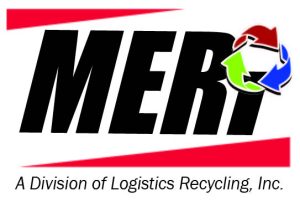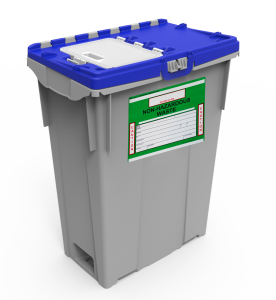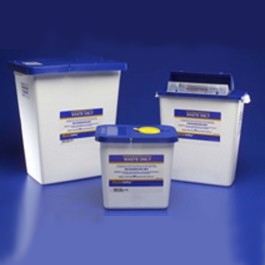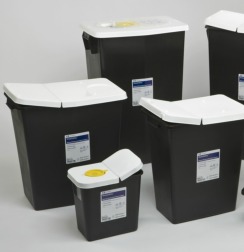Pharmaceutical Waste Disposal
MERI works with hospitals, clinics, research facilities, and pharmacies to determine the safest and most cost-effective solution for the destruction of both non-hazardous and hazardous pharmaceutical waste disposal. We are licensed to transport both non-hazardous and hazardous materials. And we are permitted to treat and dispose of non-hazardous waste.
MERI has a track record of developing compliant programs for large, small, and very small quantity generators. This program focuses on proper waste determinations, storage, transport, and treatment of non-hazardous and hazardous pharmaceuticals. In addition, we can review your formulary and recommend the best collection and disposal method.
We offer both disposable and recyclable containers and can help your facility factor in the benefits of using each type.
Non-Hazardous Pharmaceuticals
A majority of pharmaceuticals are non-hazardous. Therefore, it is essential that hazardous pharmaceuticals not go inside non-hazardous containers. Doing so will make the whole container hazardous waste, which is more expensive to dispose of than non-hazardous waste. Having hazardous materials inside a non-hazardous labeled container can also result in a costly fine if audited by regulators.
Let MERI help design a program to help keep you in compliance and earn money for your expired pharmaceuticals.
RCRA Hazardous Pharmaceuticals
MERI is licensed to collect and transport hazardous pharmaceuticals for disposal.
We assist many companies in reducing their hazardous disposal costs by bulking like items into larger containers before shipping.
We also work with facilities to ensure they follow regulations for the proper packaging of hazardous materials and offer DOT and RCRA Certification classes twice a year.

Controlled Substances
MERI works with law enforcement officers to destroy material, such as controlled substances, items contaminated with bloodborne pathogens, or other material no longer needed after investigations are complete.
Law enforcement officers witness the destruction of DEA Controlled Substances at MERI’s licensed treatment facility.



